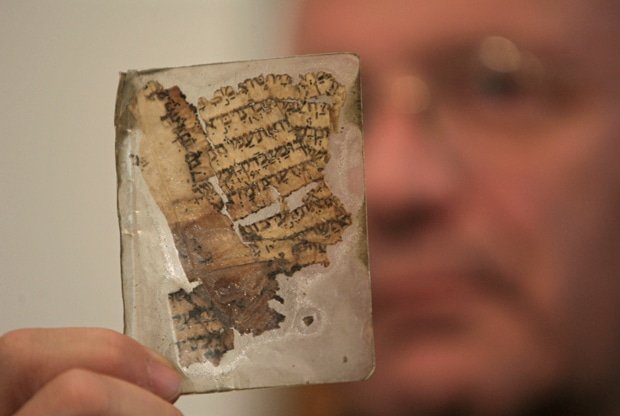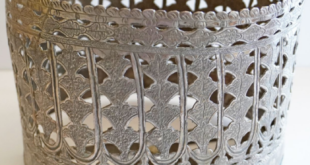The medieval Aleppo Codex was safeguarded for centuries in Syria. The problems started when it arrived in Israel.

The Aleppo Codex, which dates back to the 10th century, is considered by many Bible scholars to be the most perfect copy of the Hebrew Bible that has ever existed. Yet most Jews have never heard of it. Four years ago, Jerusalem-based reporter Matti Friedman set out to change that fact, researching the codex’s mysterious history: how it changed hands from the Jews of Aleppo, Syria, where it had been safeguarded for centuries, to tightly held institutional control in the state of Israel—where it became decidedly more imperiled, and where large portions of the codex went missing.
Friedman explores this journey in The Aleppo Codex: A True Story of Obsession, Faith, and the Pursuit of an Ancient Bible. He joins Vox Tablet host Sara Ivry to discuss the codex’s clandestine journey to Israel in the late 1950s, what might have happened to sections of the codex that have gone missing, and the struggle of the Jews of Aleppo to regain control of their community’s most prized religious artifact.
By Vox Tablet|May 7, 2012 7:00 AM
Source: Tablet Mag
 eSefarad Noticias del Mundo Sefaradi
eSefarad Noticias del Mundo Sefaradi

